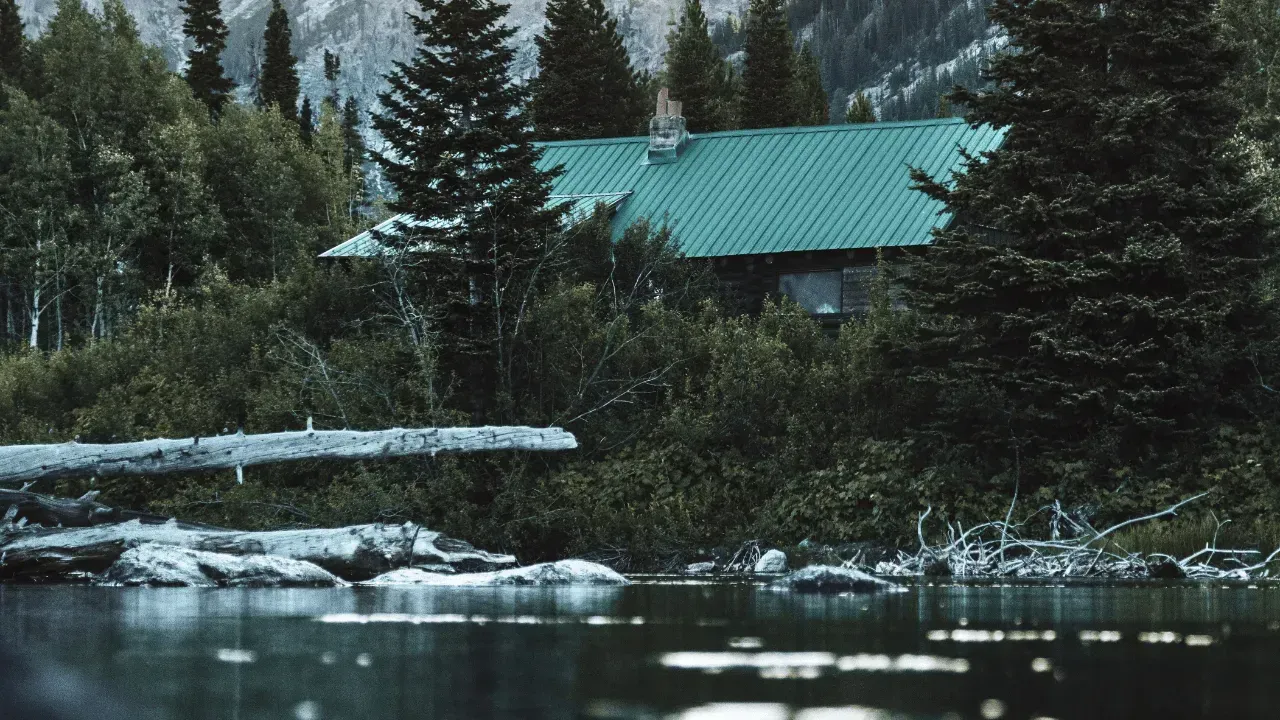The Ultimate Guide To Commercial Landlord Insurance in Colorado
See How We're Different
or call us: 303-421-5123
The allure of commercial real estate investment in the U.S. continues to grow. With a recorded increase of nearly 46.4% in commercial real estate values since 2007 according to the Green Street Commercial Property Price Index, the investment returns are undeniable.
Despite the potential rewards, owning commercial real estate does come with its challenges. High-value assets are left exposed to the elements, at risk of damage from weather, vandalism, fires, or natural catastrophes. This is where commercial landlord insurance comes in, providing real estate investors a safeguard for their portfolio.
At 3R Insurance Agency in Westminster, Colorado, we believe in providing not only robust insurance coverage for your assets but also equipping you with the knowledge to make informed decisions about your insurance policies.
Understanding Commercial Landlord Insurance
Commercial landlord insurance offers a financial cushion against potential losses from unexpected events. For a monthly premium, landlords gain financial stability, reducing the risks associated with owning and renting commercial properties. However, finding a comprehensive and cost-effective insurance policy can be challenging.
In recent years, the frequency of weather and climate disasters has surged, leading to an increase in insurance claims. Wildfires have become more prevalent, causing billions in damages. The National Oceanic and Atmospheric Administration (NOAA) reported 2020 as the worst year for weather and climate disasters.
Simultaneously, supply chain issues and inflation have impacted commercial property insurance, driving up costs. Increases in building materials and equipment costs affect insurance rates as these elements are often the focus of claims. As a result, commercial landlords are facing significant rate increases for commercial property insurance. As one of the largest expenses for real estate investors, these insurance hikes can be challenging.
However, with the right knowledge and understanding of insurance policies and what underwriters are seeking, many large renewal increases can be mitigated. Here's what you need to know:
Essential Insurance for Commercial Landlords
The goal of any insurance program is to financially protect the real estate owner from building damage and potential lawsuits. At 3R Insurance Agency, we recommend the following coverages for commercial landlords to mitigate risks and secure their businesses:
1. Commercial Property Insurance: This is critical for every commercial landlord, providing coverage against weather, fire, vandalism, and other damages. It can be structured based on individual preferences, whether having all buildings under a single policy or different policies based on property type.
2. Business Income Insurance: This coverage is often overlooked but is crucial as it compensates for your net income when your property is being rebuilt and can't function as a leased property. It helps pay for expenses and loans when your property isn't generating revenue due to damage.
3. Commercial General Liability Insurance: This coverage protects against damage caused to others on your premises, such as tenants, customers, neighboring businesses, or individuals.
4. Flood & Earthquake Insurance: Depending on the property location, you may need a specific policy for flood or earthquake coverage as most commercial property insurance policies do not include these.
5. Wind Deductible Buy-Down: In hail, tornado, or hurricane-prone areas, insurers may require a high wind and hail deductible. A wind deductible buy-down policy can help manage this requirement, providing a more manageable deductible level.
Factors Influencing Insurance Premiums for Commercial Landlords
The cost of insurance premiums for commercial landlords is determined by several variables, including:
Building Construction – The material and construction design of your building significantly influence insurance costs. Certain materials may be more susceptible to certain types of damage, leading to higher insurance premiums.
Building Occupancy – The nature of the tenant occupying your building can have a substantial impact on your premium. For instance, an accounting firm would generally cost less to insure compared to a manufacturing facility occupying the same space.
Building Protection & Safeguards – Having adequate safety measures like sprinkler systems, central station alarms, and proximity to a fire station can potentially lower your property insurance premiums.
Building Location – Locations that historically experience more property damage tend to have higher insurance premiums. Areas within 10 miles of coastal regions are typically the most expensive to insure due to the high frequency of severe weather events.
Building Updates – Insurance companies appreciate well-maintained and updated buildings. Keeping your property's wiring, plumbing, HVAC systems, and roof in good condition can lead to insurance discounts.
Tips To Optimize Your Insurance Plan in Colorado
To derive the most value from your insurance plan, consider these strategies:
Consider a higher deductible – Instead of reducing your building valuation to save on insurance costs, consider opting for a higher deductible. This approach can prevent penalties associated with underinsurance and provides a more predictable out-of-pocket expense in case of a catastrophe.
Opt for full replacement cost – We recommend always asking for full replacement cost coverage. While actual cash value coverage might seem cheaper, the premium difference is usually minimal.
Keep a list of building updates - Maintaining a detailed record of all building updates can be beneficial in obtaining lower insurance premiums. This record could include updates to electrical systems, plumbing, HVAC systems, and roofing. Insurance providers typically appreciate these updates as they reduce the likelihood of a claim.
Implement risk mitigation measures - Risk management strategies such as the installation of alarm systems, sprinklers, and security cameras can reduce insurance premiums by lowering the likelihood of damage or loss. Regular maintenance and inspections of the property can also help mitigate potential risks.
Work with an experienced broker - It is highly recommended to work with an insurance broker with experience in commercial properties. They can help you understand the complexities of different policies and assist you in negotiating better terms with insurance providers.
Bundle your policies - If you have multiple insurance policies, it might be worth considering bundling them with one insurance provider. Many insurance companies offer discounts to customers who hold multiple policies with them.
Regularly review your coverage - Business needs and situations change over time, and so do the risks. Regularly reviewing your coverage can ensure that your policy stays current and adequately covers your needs.
In conclusion, insurance is a crucial aspect of managing a commercial property. A well-designed insurance program can offer significant financial protection against a range of potential risks, from property damage to lawsuits.
Therefore, it's important to spend time understanding your risks, working with a qualified broker, and selecting the appropriate coverage options that fit your unique situation.
If you have any more questions on this topic or others, feel free to ask!





